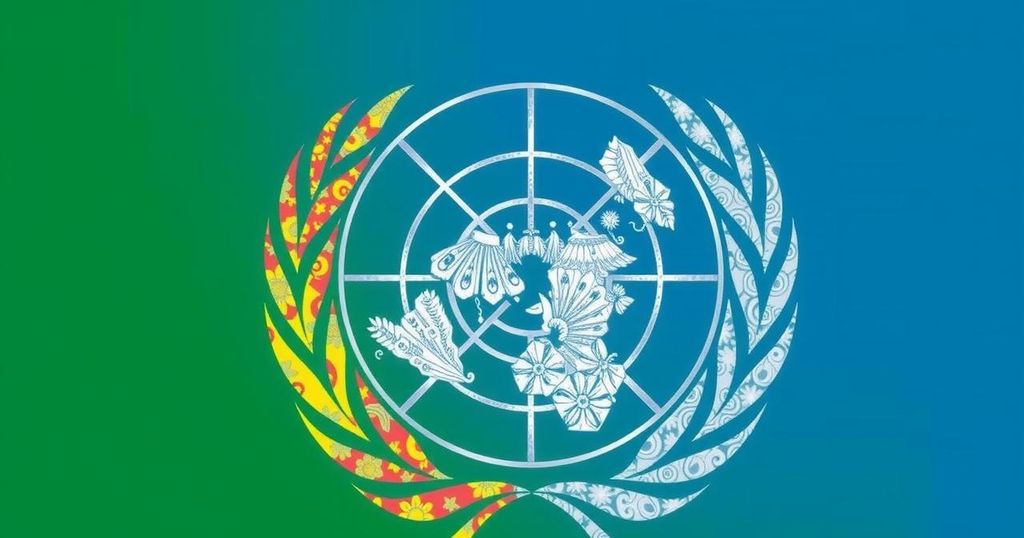World news
AFP, AFRICA, BRITAIN, CEASEFIRE, CONFLICT, CONFLICT RESOLUTION, DAVID LAMMY, DMITRY POLYANSKIY, ENERGY INFRASTRUCTURE, LAM, LAMMY, MOHAMED HAMDAN DAGLO, NORTH AMERICA, RAPID SUPPORT FORCES, RSF, RUSSIA-UKRAINE WAR, SECURITY COUNCIL, SIERRA LEONE, SUDAN, UN, UN SECURITY COUNCIL, UNITED NATIONS, UNITED STATES, US, WAR
Ethan Kumar
0 Comments
Russia Vetoes UN Ceasefire Resolution on Sudan Conflict
Russia vetoed a UN resolution calling for a ceasefire in Sudan, further complicating humanitarian efforts amidst a conflict that has caused significant civilian suffering and displacement. British officials condemned the veto as an obstruction to international unity on the crisis. The political landscape reflects the broader divide among permanent UN Security Council members, particularly between Russia and the United States.
On November 18, 2024, Russia exercised its veto power in the UN Security Council against a resolution proposed by Britain and Sierra Leone, which sought to initiate an immediate ceasefire in Sudan’s ongoing conflict between rival military factions. The resolution aimed to compel both the Sudanese army and the paramilitary Rapid Support Forces to halt hostilities and commence negotiations for a national ceasefire. British Foreign Secretary David Lammy condemned Russia’s action, citing it as a significant obstacle to achieving a unified international response and labeled it a “disgrace.”
Russia’s deputy UN ambassador, Dmitry Polyanskiy, countered the accusations by asserting that the resolution bore a “post-colonial flavoring” and criticized the omission of references to Sudan’s legitimate authorities. This disagreement underscores the deep divisions that hinder the UN’s ability to address pressing global crises, particularly in light of recent geopolitical tensions surrounding the conflict in Ukraine. Amidst the war, Sudan has faced catastrophic humanitarian consequences, with UN reports indicating tens of thousands of fatalities and the displacement of over 11 million individuals, of which more than 3 million have fled the country. The Russian veto further complicates efforts to alleviate suffering and restore stability to the region.
The ongoing conflict in Sudan, which escalated in April 2023, involves a power struggle between General Abdel Fattah Al Burhan’s legitimate army and the paramilitary Rapid Support Forces led by General Mohamed Hamdan Daglo. This civil conflict has produced a humanitarian crisis of alarming proportions, with a staggering 26 million people facing severe food scarcity and substantial civilian casualties reported. The UN has been increasingly ineffectual in its response to various international crises, not just in Sudan but across other regions, due to opposing stances from key members like Russia and the United States. Russia’s recent behavior indicates a shift towards supporting General Burhan, complicating the potential for peace negotiation and humanitarian intervention.
In summary, Russia’s veto of the UN resolution aimed at ceasing hostilities in Sudan reflects ongoing geopolitical tensions and highlights the UN’s deteriorating capacity to address critical conflicts. The humanitarian implications of the conflict are dire, with millions affected by violence and famine. As the situation develops, the international community faces challenges in forging a consensus around effective interventions that could foster peace and stability in war-torn Sudan.
Original Source: jordantimes.com




Post Comment